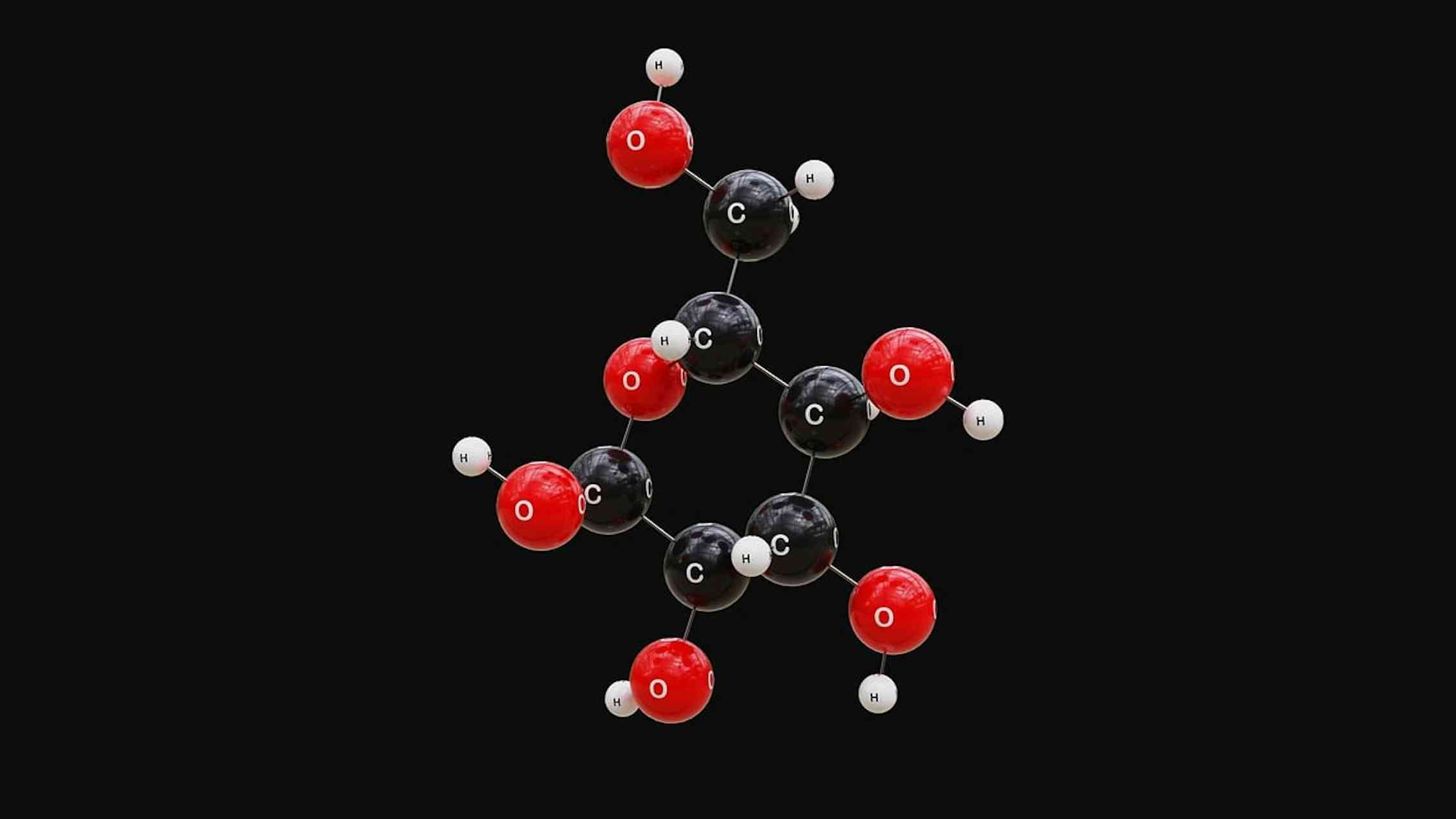Why do we get cranky when we're hungry?
Published by Adrien,
Source: The Conversation, under Creative Commons license
Other Languages: FR, DE, ES, PT
Source: The Conversation, under Creative Commons license
Other Languages: FR, DE, ES, PT
Follow us on Google News (click on ☆)
If you've seen the animated movie Inside Out 2, you might have identified with the protagonist dealing with anxiety and its consequences. But there are many other situations where our negative emotions manifest exaggeratedly, leading us, as we often say, to "put our foot in it."

Who among us hasn't said something rash because it was lunchtime and we hadn't eaten yet due to an extended work meeting? Let's explore why our body plays these tricks on us.
The body demands glucose
When we're hungry, emotions such as fatigue, confusion, or anger can arise. This phenomenon is linked to the presence of sugar—specifically, glucose—in our blood. As glucose levels drop, our body triggers a series of responses to restore the balance.
But what exactly is glucose's role, and why is it so important? This type of sugar is the primary energy source for the cells that make up all our organs. The brain, for instance, relies almost exclusively on sugar intake. Without it, the 100 billion nerve cells in the brain would not function optimally.

Chemical structure of the glucose molecule.
mathstown/Pixabay, CC BY
If the brain doesn't get enough glucose, we feel weak, irritable, dizzy, and it becomes difficult to focus. In extreme cases (such as severe hypoglycemia in diabetic individuals, Editor's note), if the sugar supply is insufficient for extended periods, we can fall into a coma.
Cortisol, the puppeteer of emotions
These are just some of the symptoms telling us that we need to eat to restore blood sugar levels. Glucose in the bloodstream acts as a highway for nutrients to reach their destination: the cells scattered throughout our body. During this time, a cascade of physiological reactions takes place.
On a molecular level, different hormones are released. One of them, ghrelin, is produced in the stomach and enters the bloodstream. This naturally occurring substance stimulates appetite and ensures that the body receives energy by ingesting food.
Ignoring the circumstances behind why we aren't eating, ghrelin indirectly stimulates the production of the stress hormone cortisol, produced by the adrenal glands.
To raise blood sugar levels, cortisol promotes a process called gluconeogenesis. This involves producing glucose from breaking down fatty acids and proteins stored in the liver, providing the body with quick energy.
Cortisol in the bloodstream during hunger affects brain function, acting like a puppeteer. It alters the levels of neurotransmitters, such as dopamine and serotonin, which are linked to positive emotions and stress perception. The result of these combined effects: when we're hungry, we become more irritable or angrier than usual.
Humans aren't alone in reacting this way. In a behavioral study on zebrafish, researchers found that these animals also become aggressive when they're hungry.
A behavior shaped by evolution
As we've seen, our moods result from numerous biochemical interactions, and there's another hormone at the heart of this dance that we haven't discussed yet. It's likely been mentioned to you at some point, particularly in reference to extreme sports. You guessed it—it's adrenaline.
Like cortisol, adrenaline is produced by the adrenal glands and is tied to stress-inducing situations. It's known for its role in the "fight or flight" response, a physiological reaction to threats. In hunger situations, both adrenaline and cortisol affect our mood, making us angrier or more irritable.
It's thought there's an evolutionary explanation: when humans were hunter-gatherers, being aggressive during food shortages—competing with others for resources—was advantageous for survival.
Today, even though we're no longer in direct competition for food the same way, understanding how the body reacts to hunger can help us manage our emotions. If you notice yourself starting to feel angry or irritable, it's worth remembering that fasting might be the culprit.
Carrying a healthy snack can help you not only maintain energy but also keep a more even mood. So why not prepare a light bite to eat before hunger strikes?